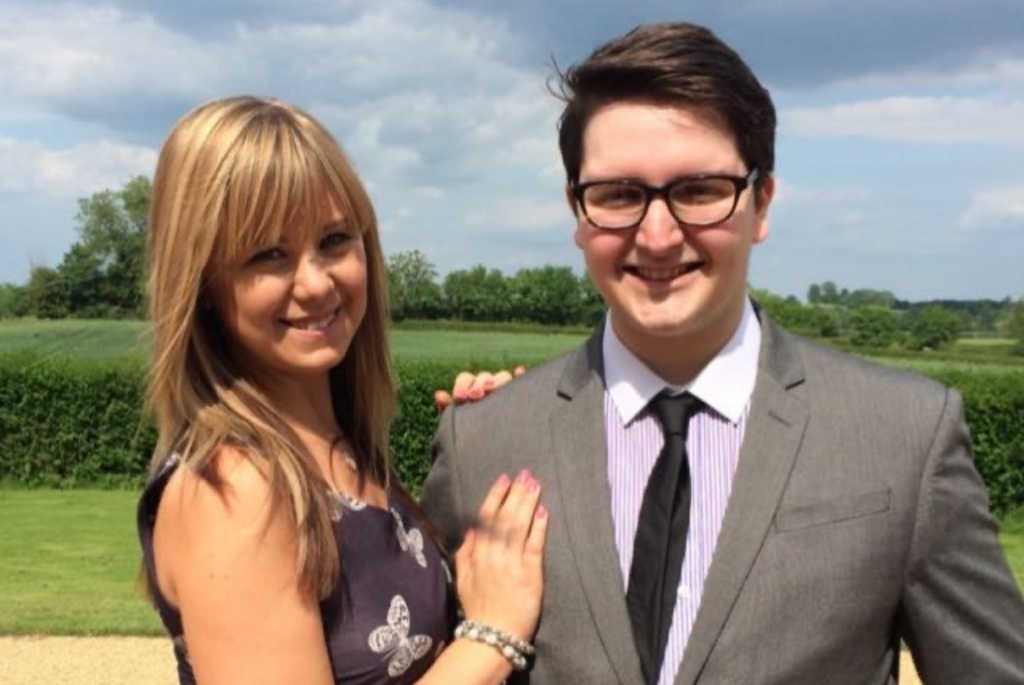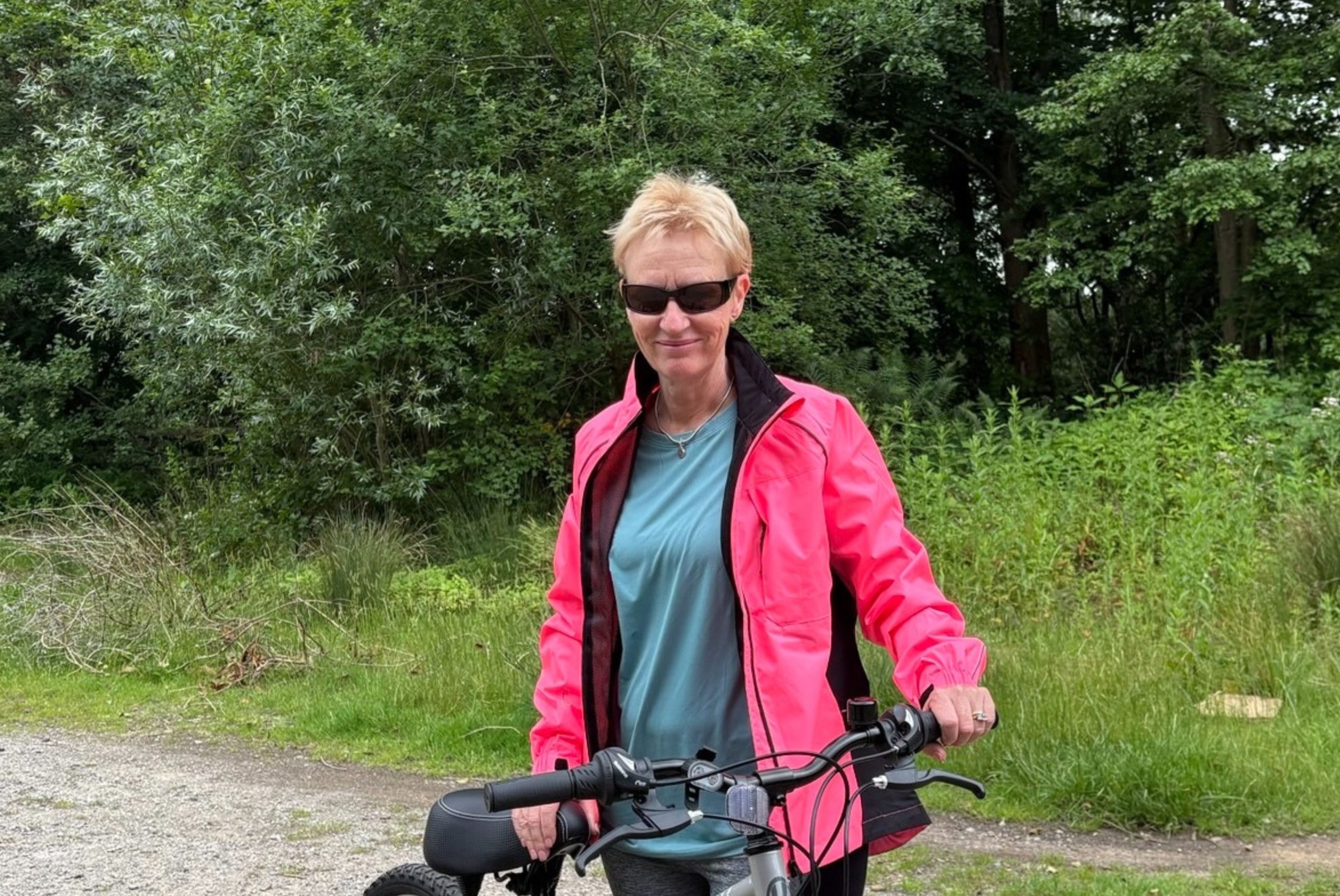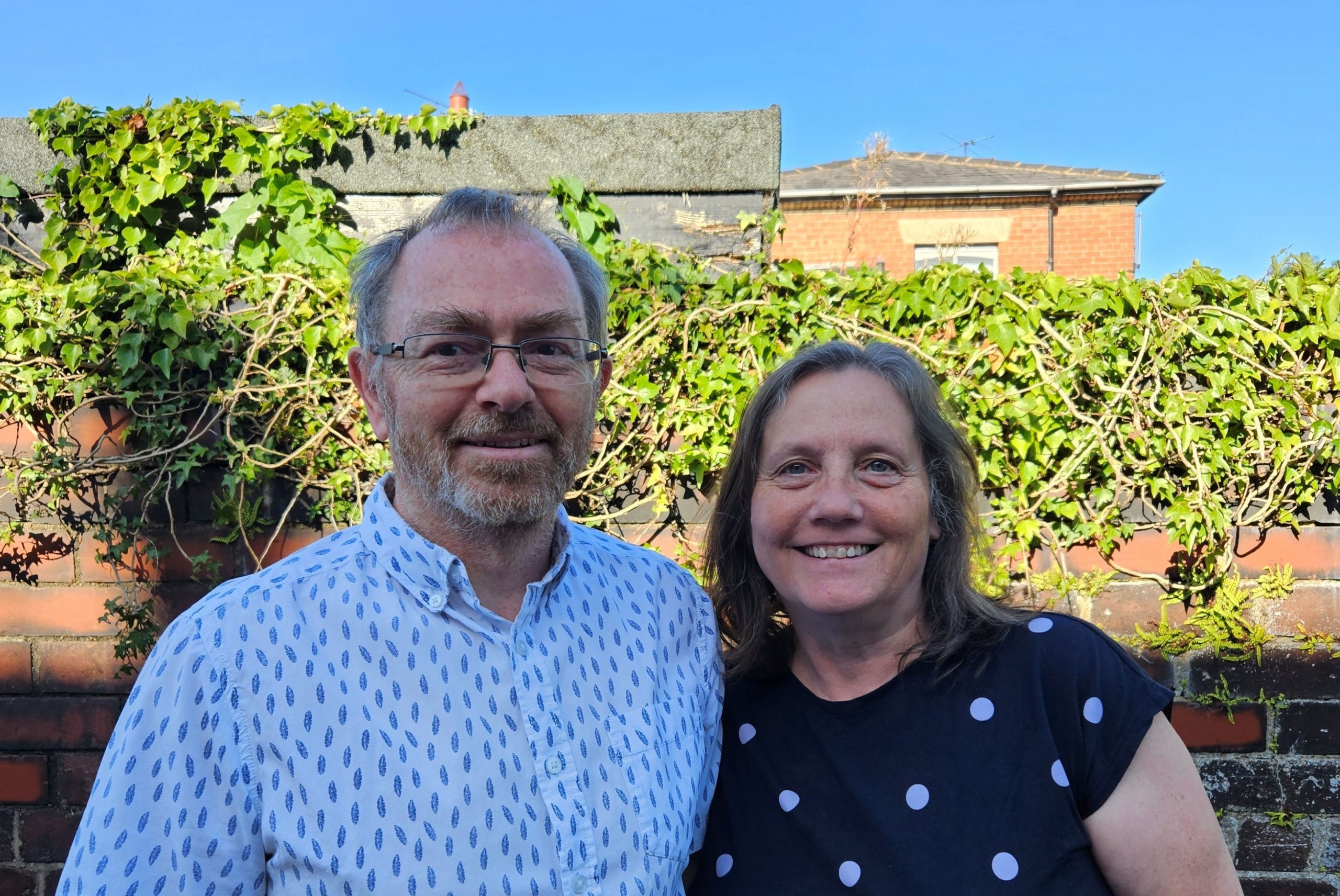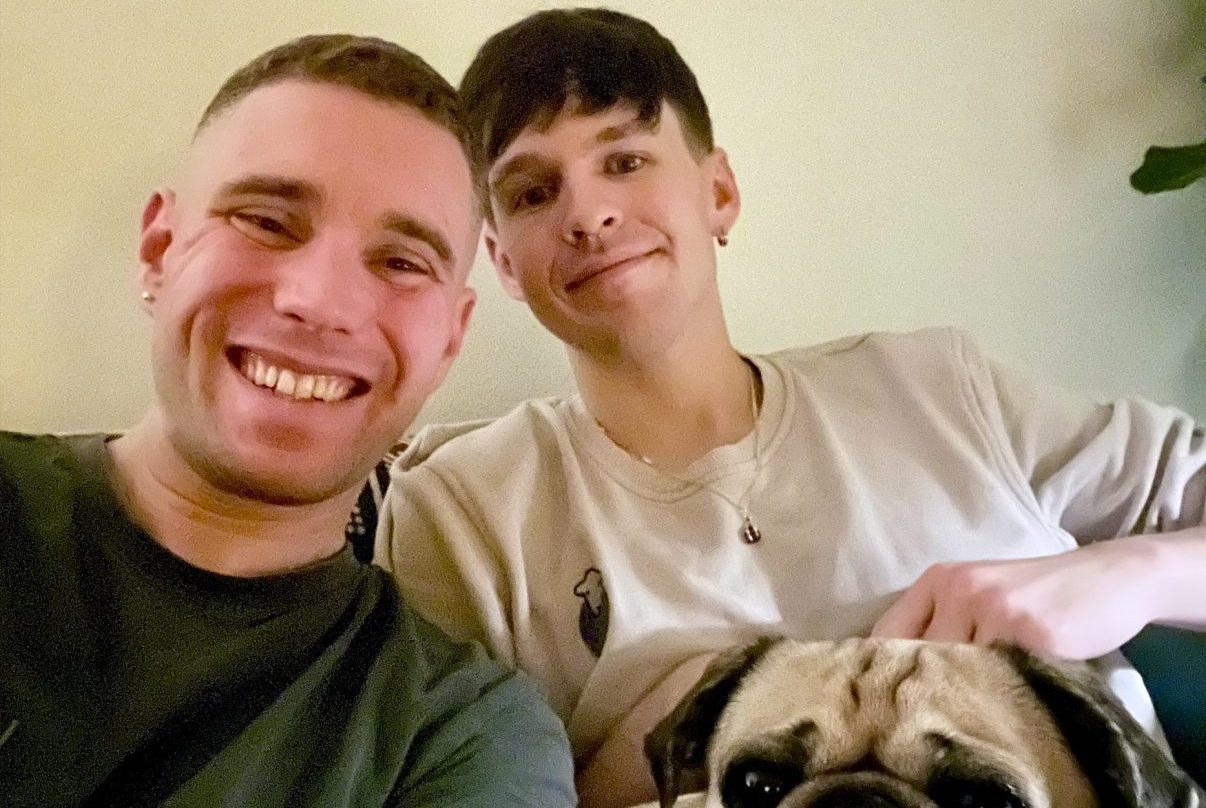Foster Parent Case Study: Emily

A little bit about Emily
Rochester-based mum, Emily and her fiancé Ben look after two children alongside their own three children. They have been together for 13 years and fostering for five.
Ben grew up with parents who fostered for more than 20 years so fostering wasn’t anything new for the couple.
Emily always knew that she wanted to work with children and says that her partner’s family was a huge inspiration.
What does fostering mean to Emily?
As Emily always wanted a job with children, she found herself working in a school but left because she disliked the focus on policies and rules. She wanted to do more to help take care of children emotionally, which helped her take the leap and start therapeutic fostering.
Emily said a common myth about fostering is that it’s easy and not much is required of you.
“It can be extremely tiring at times but it’s also extremely rewarding, it’s one of the hardest but best things in the world. I love it because it’s still working with children. It’s still giving them that care but it wraps around my life.
“Lots of people will say ‘Oh, so you don’t work then, you’re just at home’. I like to flip that and say ‘Well actually, I never clock off. You get to go home after a bad day at work, or leave for the weekend. It’s continuous for us.”
What makes a great foster parent?
There are a few key skills that turn a good foster parent into a fantastic foster parent, explained Emily.
“You’ve got to be quite fun. You’ve got to be able to give them fun because there’s so many times when it will be serious or sad and it can be really stressful so you’ve got to be able to do that for them.
“You also need to understand both your and your child’s needs and to be organised. Sometimes it feels like you need 10 pairs of arms and eyes, but the key skill you need is kindness.”
Emily encouraged anyone considering fostering to have a strong support network – it can be particularly helpful if this group is made of other foster parents who understand your lifestyle.
“I’ve got real friends that I’ve made through fostering, and of course you meet other parents on the playground and make friends with them, but no one quite gets it like a foster parent or someone from within that world.”
The difference between fostering and therapeutic fostering
Therapeutic fostering is all about helping children to overcome their difficult pasts. Emily made it clear that it’s important to remember that children who have been through difficult experiences might act differently, so foster parents need to remember that their behaviour isn’t their fault – it’s just the way they’re trying to cope with their thoughts and feelings.
Giving them time and space to heal is key. Foster children need to feel safe and supported before they can start to grow again; dealing with trauma through love and support while they’re still learning and developing can help children live happy and healthy lives.
“Behaviour is often just communication and therapeutic fostering is understanding that and accepting a child for who they are,” .
Advice for new foster parents
Emily had some advice for new foster parents.
“Make connections with the people who are in the same boat as you and can understand it because no one’s going to know better than the people who have lived through what you are living through.”
Training can be hugely beneficial to foster parents, helping them to understand behaviours in more depth and feel more comfortable when flying solo at home.
One of her biggest pieces of advice was for new foster parents to make sure that they are looking after themselves properly.
“You’ve got to look after yourself, you can’t be a martyr. Yes, you have to prioritise the children but you also have to prioritise yourself. It’s absolutely fine to have an evening off or a weekend away, or to say that you need a break or some help. It doesn’t mean you’ve failed.”
If you’re eager to learn and want to make a difference in the lives of children and are thinking about becoming a foster parent, please contact us.









